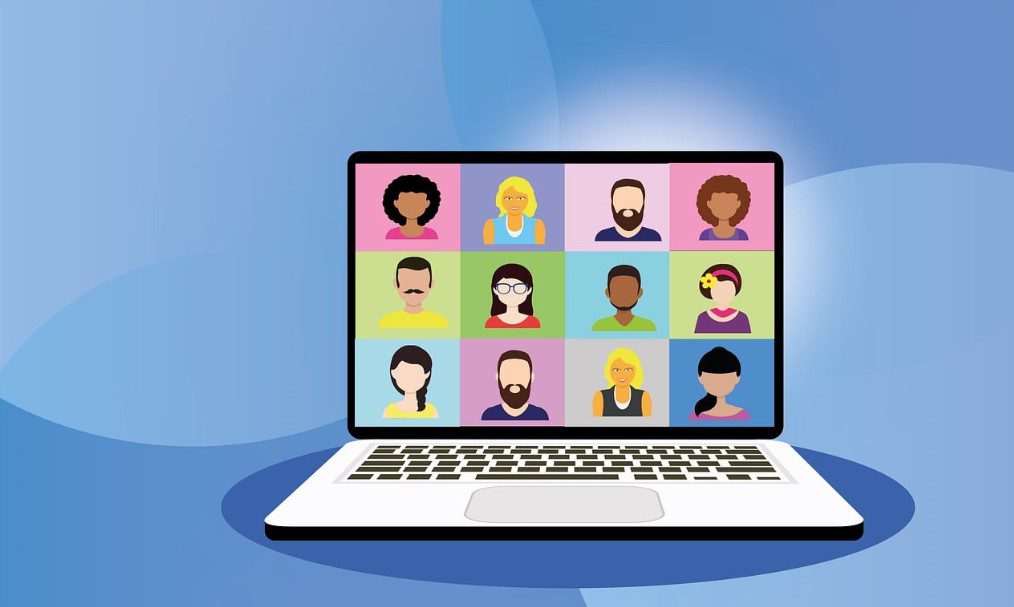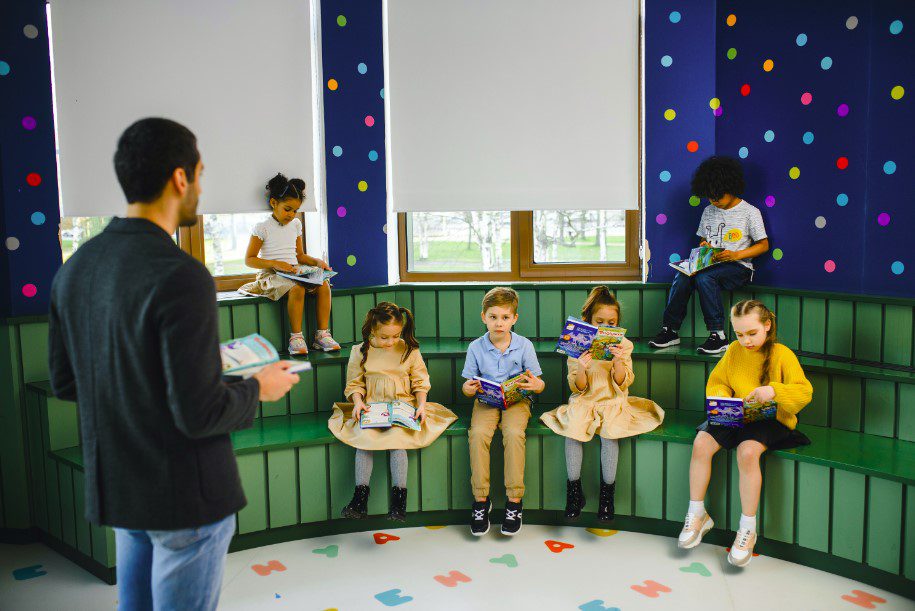The traditional chalk-and-board model of teaching is gradually making way for a dynamic era where education and technology are inseparable. Online learning and EdTech are shaping the way learners of today and tomorrow acquire knowledge and skills.
Just as well, the educator of today must adapt and embrace the whole concept of technology in the classroom.
This shift is not just a passing fad, but an evolution that is facilitating how we live and learn, and the future of the workplace.
Technology in its many forms is propelling us into a stage where the classroom is virtual, and the tools of knowledge are as diverse as the students themselves. Online learning facilitates global collaboration among students and educators.
Virtual exchange programs and collaborative projects connect learners from different parts of the world. This is designed to promote a global perspective, equal opportunities for all learners, in addition to diverse cultural awareness.
This article explores the key trends, benefits, and challenges associated with the future of education. It sheds light on the dynamic intersection of traditional learning and digital innovation.
How Online Learning is Changing Education

Online learning has undergone a remarkable evolution in the last decade. It has transcended its initial perception as an alternative to traditional classrooms. With the availability of high-speed internet and advanced multimedia capabilities, e-learning has become a dynamic and interactive medium.
Virtual classrooms now provide students with the opportunity to engage in real-time discussions, collaborative projects, and interactive simulations. This evidently promotes a sense of community and shared learning.
One of the standout advantages of online learning is its unparalleled accessibility. Students from diverse geographical locations can now access high-quality educational resources without the constraints of physical boundaries.
This democratization of education promotes inclusivity, and allows individuals with diverse backgrounds and circumstances to access the same resources.
EdTech solutions, such as adaptive learning platforms, cater to individual learning needs, ensuring a personalized and effective learning experience.
The Role of EdTech in Revolutionizing Traditional Classrooms

EdTech is not just confined to online learning; it is also revolutionizing traditional classrooms. The integration of smartboards, virtual reality (VR), and augmented reality (AR) tools enhances the learning environment.
EdTech, short for Educational Technology, refers to the use of technology, tools, and digital resources to enhance and support the learning and teaching process. It encompasses a wide range of applications and devices designed to improve educational outcomes. They are also necessary to streamline administrative tasks, and create more engaging and interactive learning environments.
EdTech can include software, hardware, online platforms, and various digital resources that contribute to the educational experience. They can range from interactive whiteboards and virtual classrooms to educational apps. They also take advantage of adaptive learning systems and online collaboration tools.
The primary goal of EdTech is to leverage technological advancements to make education more accessible, personalized, and effective for students and educators alike.
Teachers can leverage these technologies to create interactive lessons, enabling students to grasp complex concepts with greater ease. Just as well, these make lessons more engaging and immersive.
The Role of Artificial Intelligence (AI) in Education

AI, or Artificial Intelligence, refers to the development of computer systems or software that perform tasks that typically require human intelligence. These tasks include learning, reasoning, problem-solving, perception, speech recognition, and language understanding.
AI systems are designed to mimic cognitive functions and adapt to changing environments, in order to analyze data, make decisions, and improve performance.
Artificial Intelligence is a game-changer in education. AI-driven educational platforms analyze student performance data to tailor learning materials. This ensures a personalized and efficient learning journey.
Moreover, AI-powered chatbots provide instant support, to address queries and challenges faced by students in real-time.
The Rise of Microlearning with Tech

Microlearning is an educational approach that involves delivering content in small, focused, and easily digestible units. Instead of traditional long-form courses or extensive study sessions, microlearning breaks down learning material into bite-sized modules, typically lasting a few minutes each.
These concise modules are designed to address specific learning objectives or deliver targeted information.
Microlearning often utilizes various formats, such as short videos, interactive quizzes, infographics, or brief text-based lessons. The key concept is to provide learners with quick, accessible, and relevant bursts of information that can be easily consumed on-the-go.
This approach is well-suited to the modern learner’s preference for shorter attention spans and the need for flexibility in busy schedules.
The advantages of microlearning include enhanced engagement, improved retention of information, and the ability to tailor learning experiences to individual needs.
This method is widely employed in corporate training, educational apps, and online courses. It is designed to make learning more efficient and adaptable to the fast-paced nature of today’s information landscape.
The Challenges and Considerations of Online Learning and EdTech
While the future of education is undoubtedly tech-driven, it is not without challenges. Cybersecurity concerns and the digital divide are significant issues that need addressing. Ensuring that all students, regardless of economic background, have access to the necessary technology is crucial for the equitable implementation of EdTech solutions.
The surge in online learning has also prompted traditional educational institutions to adapt or risk becoming obsolete. Universities and schools are increasingly incorporating online components into their curriculum to meet the evolving needs of students.
This hybrid approach combines the best of both worlds, providing flexibility without sacrificing the benefits of face-to-face interactions.
How to Prepare Students for the Digital Future

As we embrace the digital era, the education system must evolve to equip students with digital literacy and 21st-century skills. Educational technology tools should be integrated into classrooms.
The integration of digital literacy education into the curriculum must accompany the emphasis on critical evaluation of online information and responsible online behavior.
Also true, coding and programming courses should be introduced to develop problem-solving skills. Encouraging creativity, innovation, and the exploration of emerging technologies will enhance students’ adaptability.
Soft skills development, exposure to global perspectives, and fostering a continuous learning mindset are equally important.
Finally, offering career guidance and practical exposure to digital environments will equip students with the skills and knowledge needed to thrive in an evolving technological landscape.
The ability to navigate digital tools, critically evaluate online information, and collaborate in virtual environments is becoming as essential as traditional academic knowledge.
What the Future Brings
The future of education is woven with the threads of online learning and EdTech. Embracing these innovations opens doors to a more inclusive, personalized, and globally connected educational landscape.
It is therefore essential to address challenges, promote accessibility, and prepare students not only for academic success but also for the digital challenges of the future.
The synergy of traditional wisdom and technological advancement will undoubtedly shape an education system that is strong, dynamic, and ready for the challenges of tomorrow.





Leave a Reply